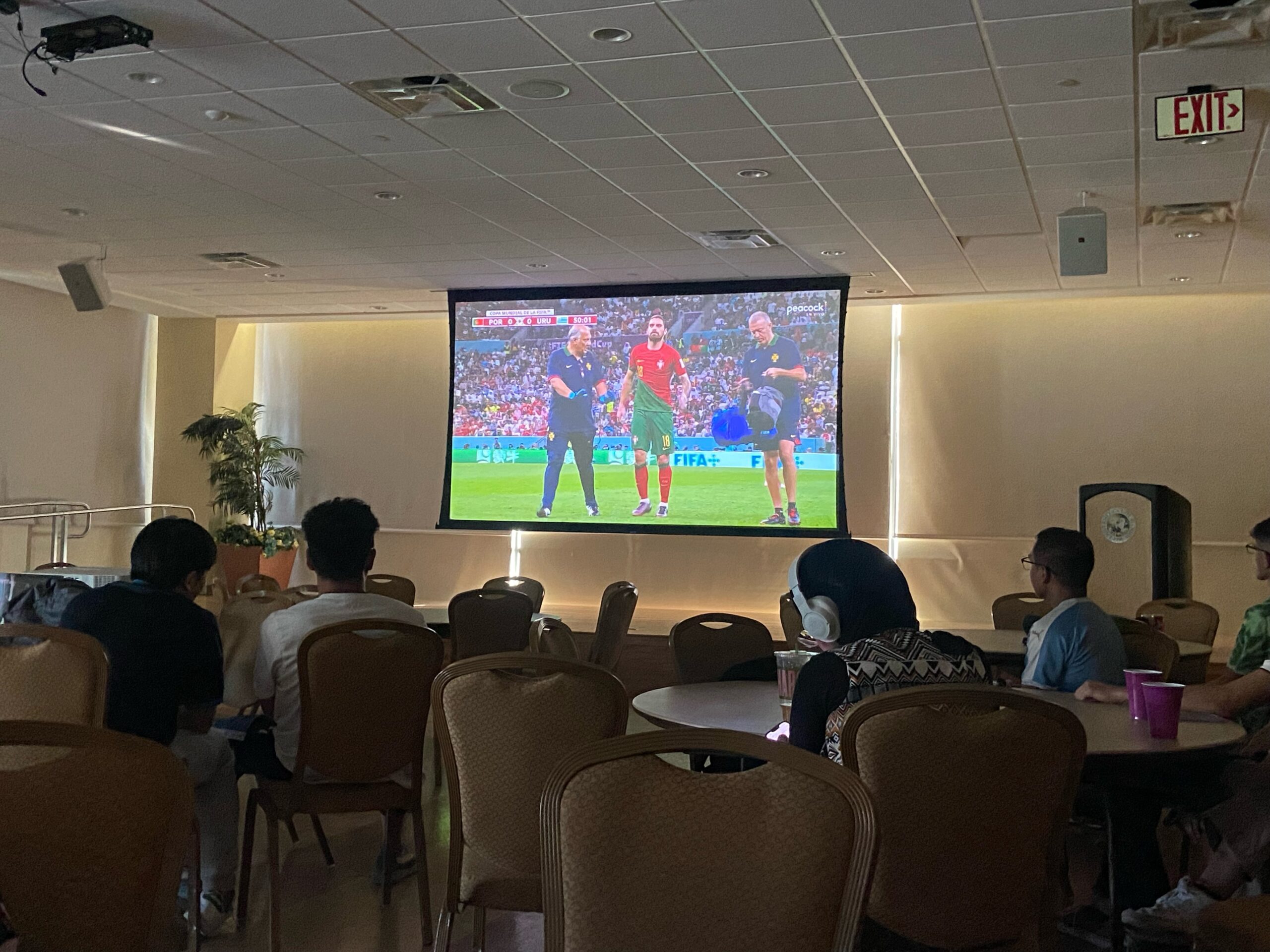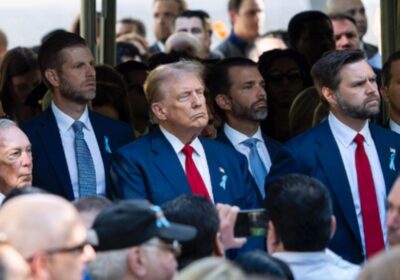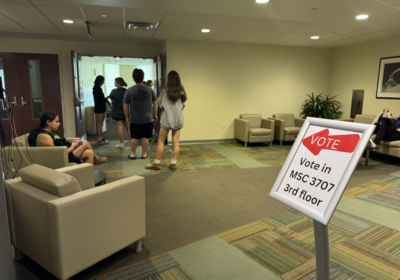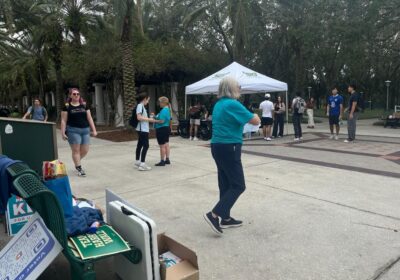International students’ passion for World Cup transcends field

For the first time in the club’s history, students gathered on the second floor of the Marshall Student Center on Monday for a Latin American Student Association (LASA) World Cup watch party featuring the Portugal vs. Uruguay match.
The event represented a space for students of all backgrounds to come together and embrace their collective love for the game, according to LASA President and senior public health major Bryan Marrero.
Watching the FIFA World Cup alongside fellow international students has not only been an exciting experience for Laura Corrales Toro, junior advertising and public relations major, but a way to honor the beauty of her homeland.
Having grown up in Colombia, soccer, or fútbol, has always been an integral part of her culture, according to Corrales Toro. Although she might be far from the streets of Bogotá where she remembers joining family, friends and strangers to celebrate the game, Corrales Toro said watching the World Cup alongside her friends and fellow international students has brought a sense of community away from home.
“Soccer is the most popular sport in the whole world. It’s a time when languages don’t matter, we don’t have to understand each other, we don’t have to understand our cultures. We don’t have to do any of that because we’re connected by our love of soccer,” she said.
“It’s one moment where we can forget all our differences, and just focus on that. Of course, we’re competitive … and we want our teams to win, but it’s the one time that we can get together and just enjoy a good game.”
The 2022 FIFA World Cup is taking place in Doha, Qatar and will invite soccer fans across the world to watch the games between Nov. 20 and Dec. 18. Thirty-two teams will compete across 64 matches in the competition’s duration, according to the FIFA website.
A record hot climate in Qatar forced officials and organizers to shift the competition from summer to winter. This shift presented a perfect outlet for students to escape the stress of finals, according to Marrero.
Taking inspiration from the Mexican American Student Association, which televised a match between Mexico and Poland on Nov. 22, Marrero said he and other representatives of LASA wanted to begin hosting World Cup watch parties in hopes of creating an environment for students to connect.
“It’s pretty amazing how soccer, or fútbol, can lead anybody from anywhere, any background, any gender, pronoun or wherever you’re from. It brings people together and you don’t have a language, which is pretty beautiful,” he said.
“Because nowadays, there’s a lot of conflict, whether it’s politics or COVID, people seem to divide into two different camps on so many topics. But for fútbol, so many people come together and there’s no politics because everybody’s excited.”
Junior biomedical engineering major Taren Abugattas said he attended the watch party to learn more about global cultures. Having grown up in Peru, Abugattas said the experience of watching soccer in the U.S. — where he often has to seek out soccer bars and restaurants willing to play the game — has been equally as lively as the celebrations in the street that he grew up with.
Even if people don’t support a certain team, watching the games together allows students to have fun and peaceful discourse in an environment where they can come to gather and appreciate the beauty of one another’s cultures, according to Abugattas.
“To me, the value of the World Cup is seeing the passion of the entire world. Soccer is something that people really unite over and it’s especially interesting to see the rivalry … you kind of see a clash between cultures and a good healthy environment that fosters competition,” he said.
“Watch parties, like the one we’re at right now, unite even if we’re not really watching a specific team, it’s the love of soccer that brings people together. You get a different matchup of international students and it’s not just people from South America watching, there’s also Asian, African and many other cultures combined on a global level.”
As someone born and raised in Brazil, sophomore economics major Matheus Ivansciuc said he thinks of soccer as not only a sport, but a matter of national pride. Despite Brazil’s historical dominance over the competition, being able to watch friends and family from other countries and cultures take pride in their teams makes him excited to see new competition arise against his home team, according to Ivansciuc.
The passion multicultural students have for soccer and the World Cup transcends the field, according to Luisa Navarette Echeverria, sophomore computer science major.
Growing up in Ecuador, Navarette Echeverria said it was common for her to visit her family or friends’ houses to watch the game, where people would often sit around to talk, cook food and celebrate.
Despite living in the U.S., and at many times away from their families, Navarette Echeverria said the spirit of the World Cup — or unification — continues to bring international students together despite the distance from home.
“The World Cup, to me, means being together with your community and in a way, it’s very cultural,” she said.
“Obviously I can only talk from a perspective of where I grew up, which is Ecuador and Latin America in general, but watching the game always brings some happiness because you get to see your country play against other nations and people that you know.”







